Image

To build back better, we need to rethink global subsidies
In an article for the Davos Agenda 2021, GEF CEO and Chairperson Carlos Manuel Rodriguez says a renewed focus on easing pressures on nature through a green and blue recovery has breathed new life into upcoming negotiations on biodiversity loss, land degradation, ocean conservation, and climate…
Image

Building corridors of growth through the Sahel and beyond
Temperatures in the Sahel are increasing 1.5 times faster than the global average, and around 80 percent of the farmland has lost some degree of its natural productivity. Together, these factors diminish the availability of land for food production or grazing, deplete water, and increase the…
Image

The post-COVID environmental changes to aim for
“Normal” was destroying our health and prosperity. We cannot afford to return to it after COVID-19
It has been almost a year since COVID-19 began to emerge. We are learning how to contain the virus better and good progress is being made on vaccines. And while many countries continue to face long…
Image
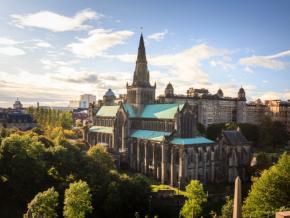
Welcome to the green industrial revolution
Laurence Tubiana, CEO, European Climate Foundation, was one of the architects of the successful Paris climate summit in 2015. Here, she calls on Britain to deliver a similar breakthrough next year
In a year's time, the UK will see its most important diplomatic meeting since London hosted the NATO…
Image
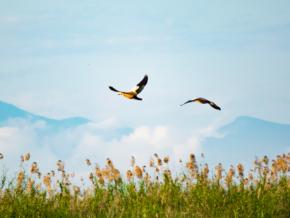
How public development banks can help nature
Public development banks will be critical to global efforts to build back better from the COVID-19 pandemic and its economic fallout. To realize their potential, they should complement their climate investments by setting explicit nature-based goals and targets.
Image
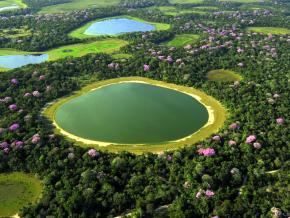
Reversing nature's loss: business's next frontier
Protecting the global commons is not only the right thing to do – it improves the bottom line as well
In the middle of the COVID-19 crisis, companies are increasingly committing themselves to helping to stabilize the Earth’s climate. It is encouraging to see these commitments coming in thick and…
Image

Time to double down to reach net zero
There is everything to play for through reducing carbon emissions as the world emerges from the COVID-19 recession
In the early weeks of this year, before all our lives were turned upside down by COVID-19, the International Energy Agency announced that global carbon dioxide emissions had flatlined…
Image

Welcome to the Anthropocene
The many overlapping crises of 2020 are not just hallmarks of a bad year. They reflect the human-caused environmental damage that will keep compounding in the epoch dubbed the Anthropocene, where humanity’s impact on the planet dominates all else.
Writing for the World Bank's Voices blog, GEF CEO…
Image
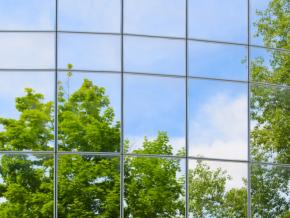
We should prepare for future shocks post COVID-19
Businesses that integrate sustainability are more resilient
As chief executive of a firm that has for 50 years helped the world’s leading organizations navigate sustainability challenges, I am often asked how companies should prepare for a next crisis such as COVID-19 or other future shocks. The…
Image
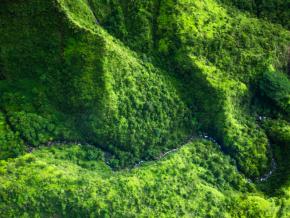
Mapping nature to create a global biodiversity framework
The year 2020 was considered a 'super year' for biodiversity. A string of interconnected events offered a unique opportunity to build a global coalition and international policy framework that recognized the central role of nature to all life on Earth. At the UN Biodiversity Conference (COP 15) 196…